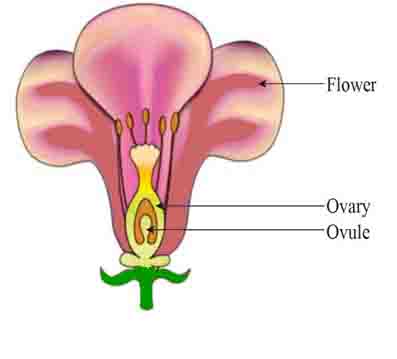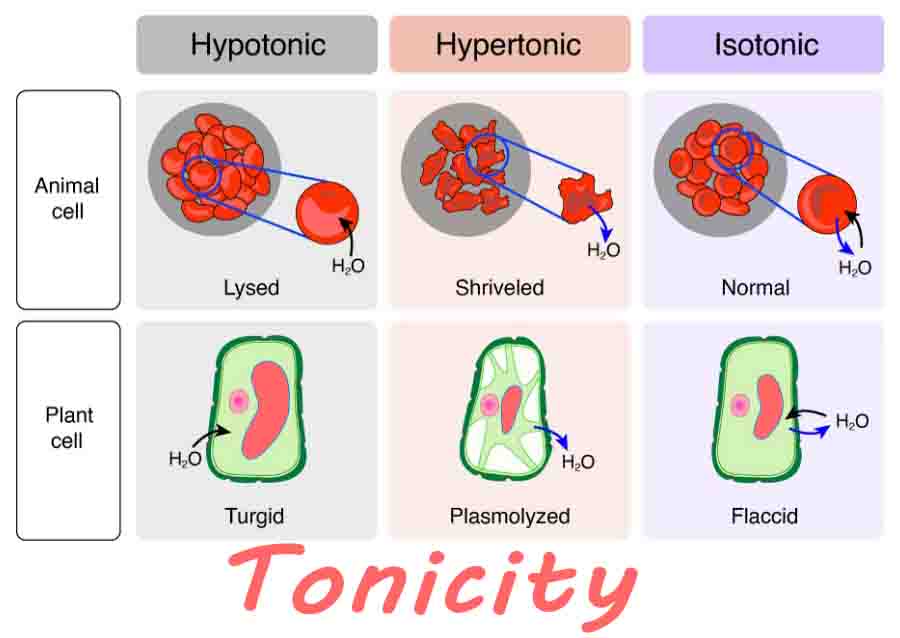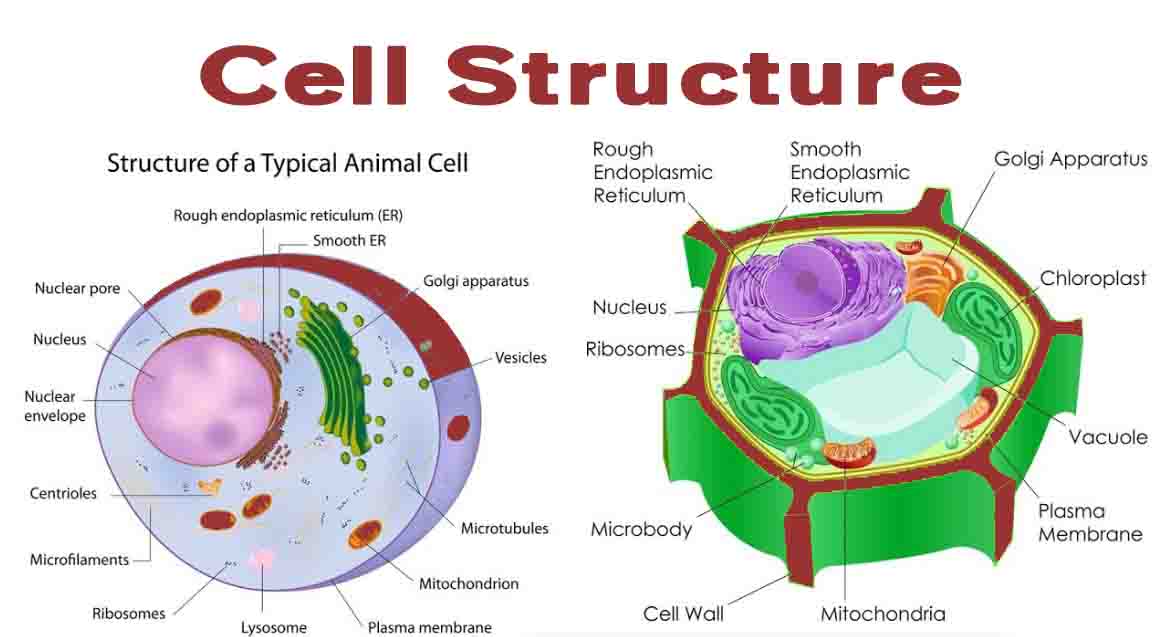Ovule
Ovule Definition The ovule is part of the makeup of the female reproductive organ in seed plants. It’s the place where female reproductive cells are made and contained, and it is what eventually develops into a seed after fertilization, only for the seed to then ripen and produce a complete adult plant. Ovules are contained … Read more






